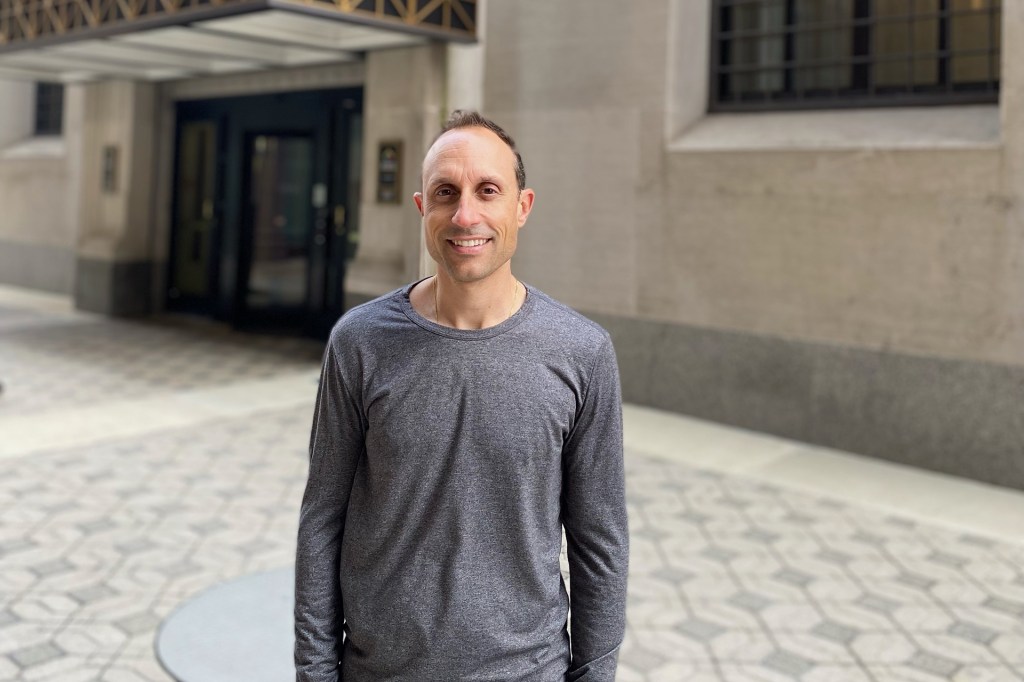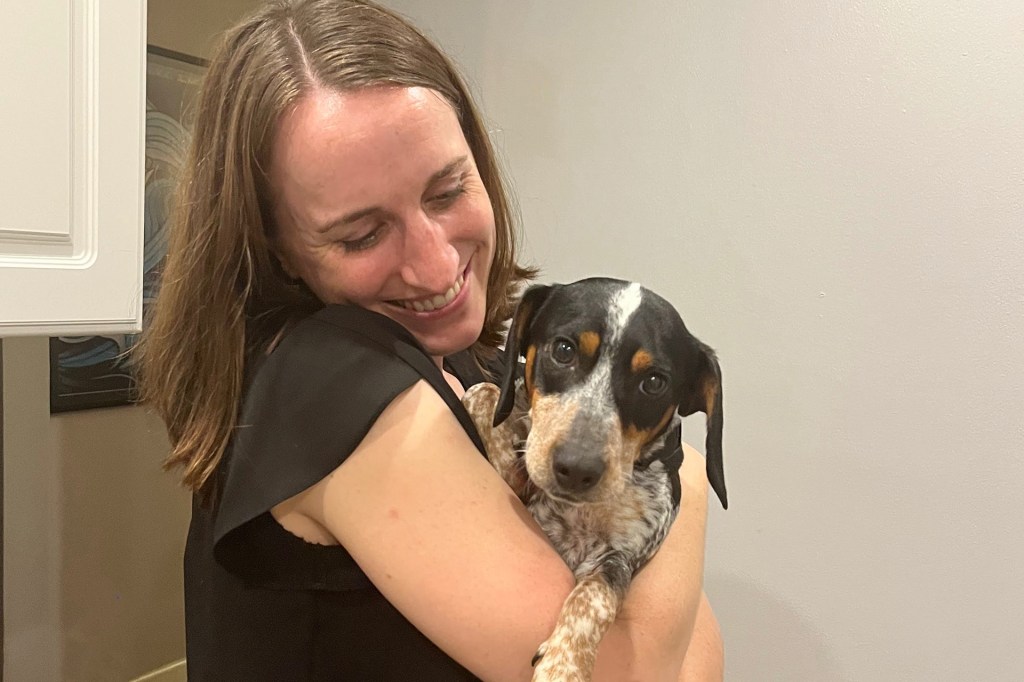Equitable Development
-
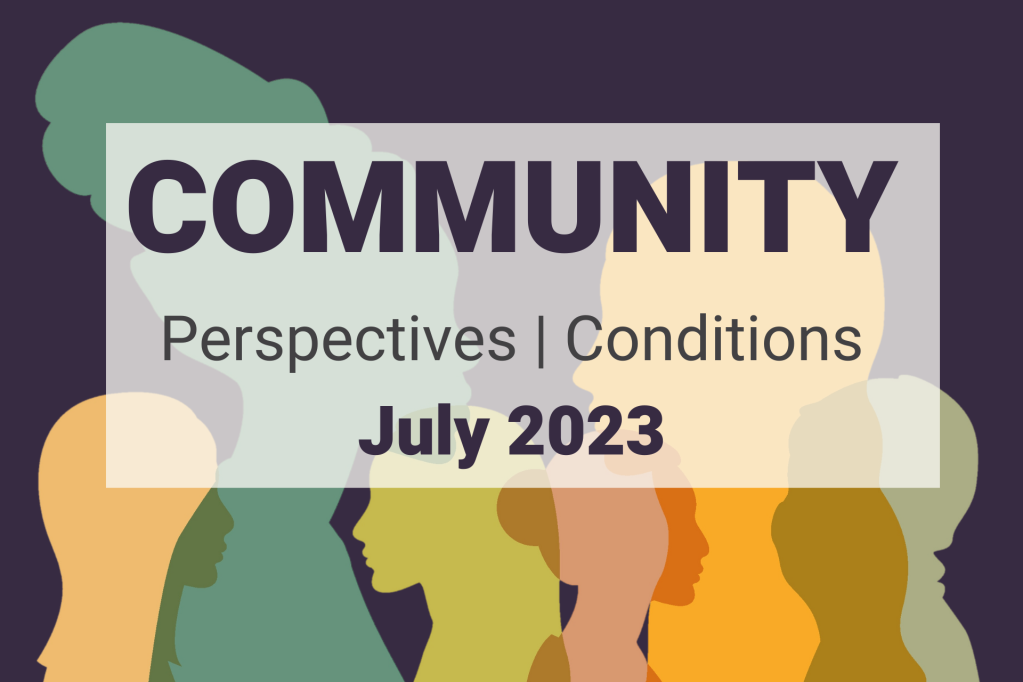
Community perspectives and conditions from the Fed’s Beige Book, July 2023
Here’s what nonprofit and community leaders, and workforce professionals serving lower-income people shared with the Federal Reserve for the July 2023 Beige Book.
-

Navigating a changing economy requires resources, data, ideas—and listening
More than 400 community development professionals met in Cleveland, Ohio in mid-June for Policy Summit 2023, an event that featured various sessions aimed at highlighting and addressing economic challenges in the current economy.
-
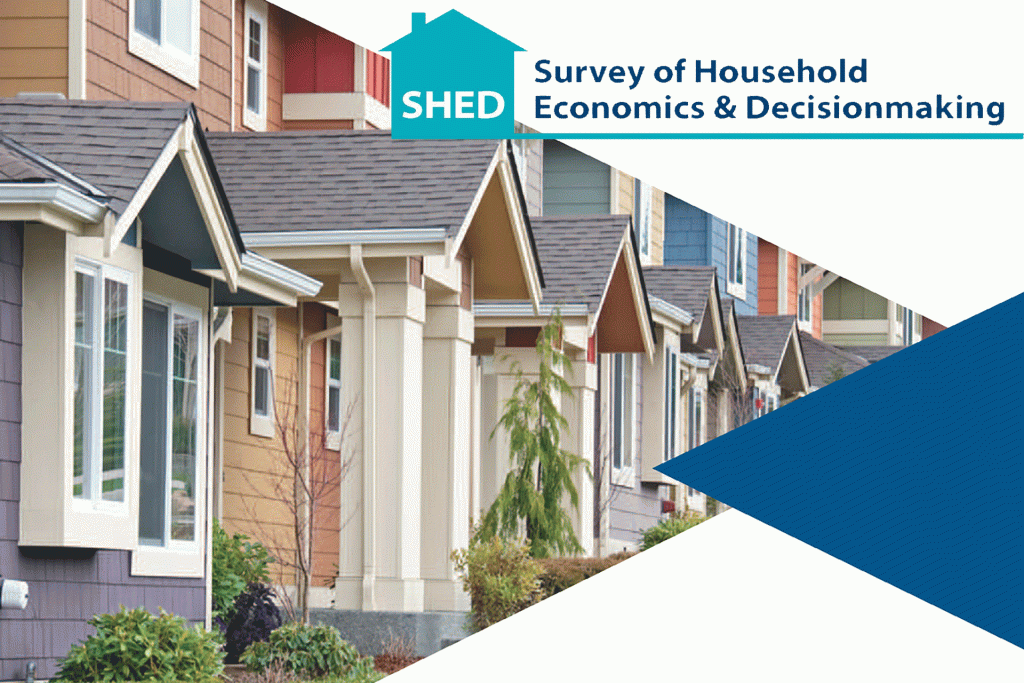
Staying afloat amid rising costs: Insights from the Federal Reserve Survey of Household Economics and Decisionmaking (SHED)
Get insights from the October 2022 survey on issues ranging from inflation to shrinking retirement savings to barriers to homeownership.
-

Exploring the Federal Reserve’s commitment to community development and economic stability
A recent Federal Reserve History essay highlights the Fed’s rich history of commitment to community development, showcasing the central bank’s partnerships with community organizations, financial institutions, and government agencies.
-

The economic realities faced by LGBTQ+ adults
When it comes to financial security, LGBTQ+ adults have fewer resources than their non-LGBTQ+ counterparts. Not only do disparities in financial well-being exist between these two groups, but evidence also suggests inequality in mental health.
-
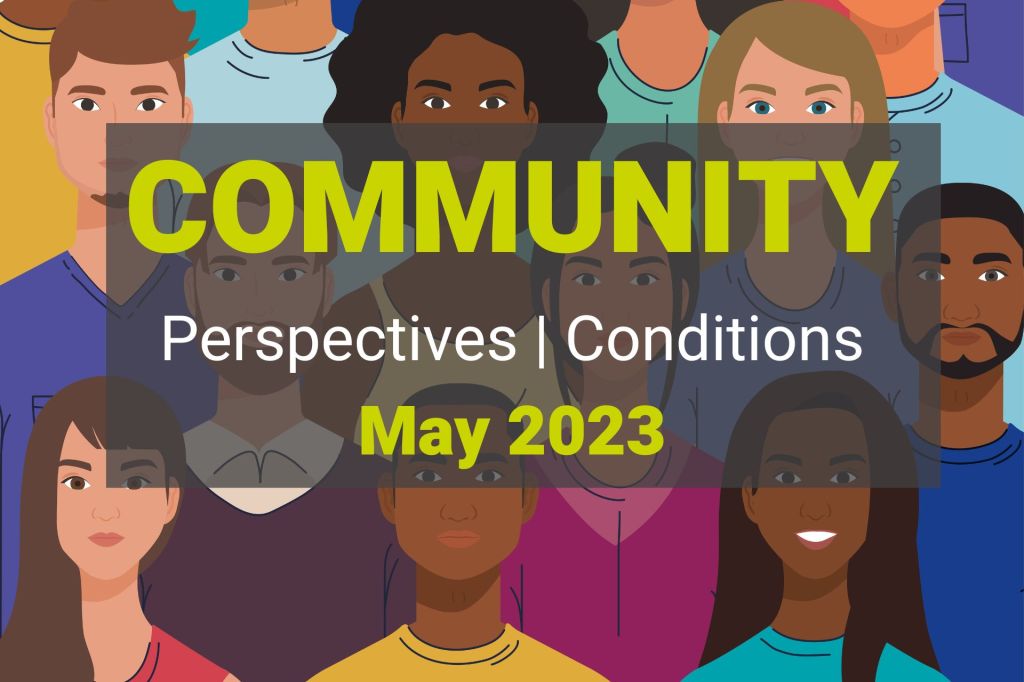
Community perspectives and conditions from the Fed’s Beige Book, May 2023
Here’s what nonprofit and community leaders, and workforce professionals serving lower-income people shared with the Federal Reserve for the May 2023 Beige Book.
-

Community perspectives and conditions from the Fed’s Beige Book, April 2023
Here’s what nonprofit and community leaders, and workforce professionals serving lower-income people shared with the Federal Reserve for the April 2023 Beige Book.
-
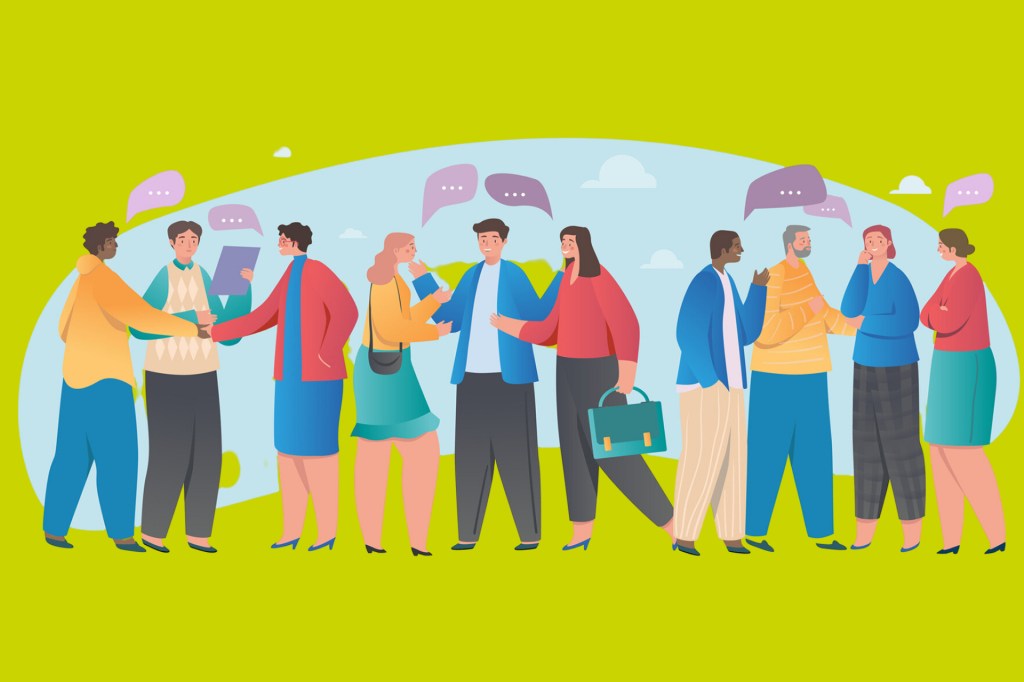
5 things to know about participatory research
Communities benefit when research is conducted collaboratively with community members rather than to them. Here are five ways this approach, called participatory research, is different from a typical research process and how it benefits communities.






